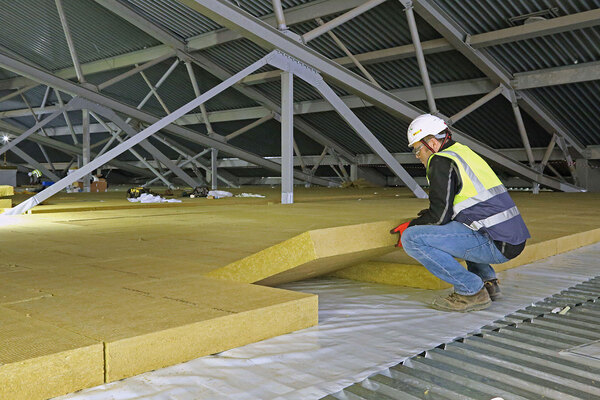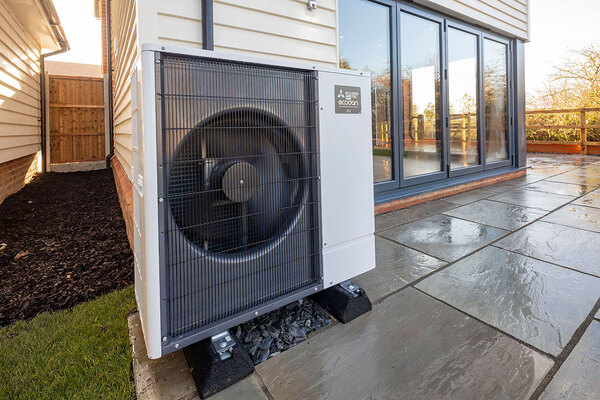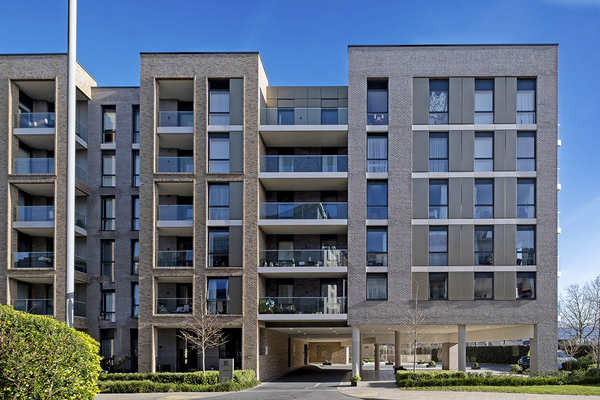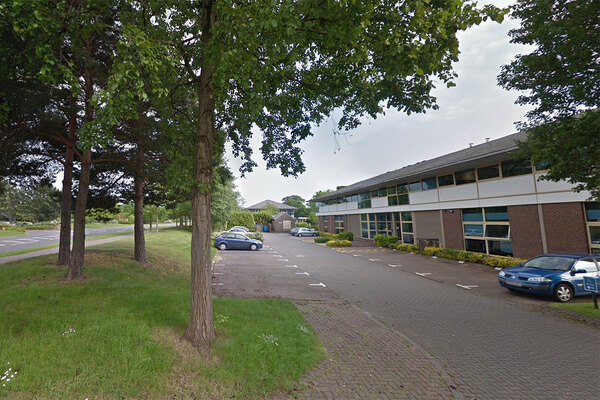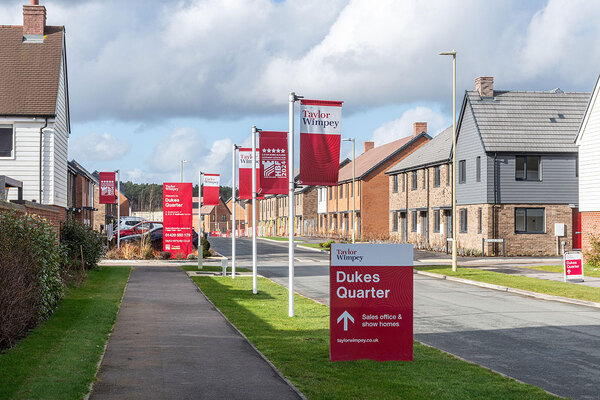Delivering warm, sustainable homes can create a new generation of jobs
Tom Kennedy, policy and public affairs manager at the Northern Housing Consortium, shares insights from the recently published Warm Homes, Green Jobs report
With more than one million fuel-poor households, the North of England is disproportionally affected by older and colder homes.
Almost a quarter of the North’s homes were built before 1919 and over half of all the North’s homes are still rated below Energy Performance Certificate (EPC) Band C, with many needing energy-efficiency upgrades in the next five years to meet the government’s target for all rented accommodation to meet EPC C by 2030.
While social housing in the North fares better than other tenures, with 65% of homes achieving EPC C or above, getting decarbonisation right in this sector will drive change in other tenures. With long-term funding, the social housing sector can work in partnership with combined authorities, the supply chain and the further education providers to finally crack the skills challenge and unlock a new generation of good green jobs.
Over the summer, we interviewed social housing landlords, local authorities, combined authorities, contractors and procurement professionals that are working to decarbonise the social homes in the North. One of the key points that emerged was that aligning funding and policy for energy efficiency and housing quality, including meeting the Decent Homes Standard, benefits both residents and housing providers.
We know that cold, inefficient homes are prone to developing damp, mould and other hazards. Many providers we spoke to want to align these priorities, but current policy and funding is not supporting them to take a more strategic approach to improving homes.
“[Some providers] are making the most of every visit to a home, reducing costs and minimising disruption for tenants”
Issues include uncertainty over the future Decent Homes Standard and rent settlement, as well as insufficient, short-term grant funding programmes for retrofit. Short-term, wave-based retrofit funding contrasts sharply with how wider investment in homes is planned out, usually over 20 or 30 years. This mismatch in timescales prevents many providers from adopting approaches that would enable steady, simultaneous progress in decarbonisation and improving housing quality. This leaves some providers driven primarily by available grant funding and focusing on simple upgrades like loft insulation.
Despite these challenges, other providers can map out their route to net zero over the next 25 years. They are using their own investment capacity and grant funding, alongside high-quality property data and expertise, to deliver rolling programmes of incremental energy improvements, aligned with wider property improvement plans. They’re making the most of every visit to a home, reducing costs and minimising disruption for tenants.
Although the social housing sector in the North is at different stages of the decarbonisation journey, our members stand ready to boost the energy-efficiency performance of their homes. With more than 1.3 million homes in total, it’s the only sector that can operate at the scale required to kick-start the growth of the wider retrofit supply chain. The sector cannot do this, however, without the government playing its role.
We hope that the long-awaited consultation for the Decent Homes Standard will open soon. This, alongside a long-term rent settlement in the Budget (at Consumer Price Index +1% for 10 years) and longer term energy-efficiency funding, will bring much-needed certainty and make it easier to plan ahead. In the North, a commitment to £500m a year of social housing retrofit funding to 2030, followed by £1bn a year to 2035, is of the scale needed to kick-start the drive to net zero.
“Mayoral combined authorities are now ready to expand so they have more control to target resources to meet local priorities”
However, this is not the perfect solution – there is a strong case to move towards consolidated funding for improving energy efficiency and wider housing quality. This would support housing providers to adopt ambitious plans to simultaneously decarbonise and improve the overall quality of social homes.
This should sit alongside devolution of funding to mayoral combined authorities (MCAs). We found that housing providers across the North were overwhelmingly positive about the role MCAs have played co-ordinating funding so far. However, their role is now ready to expand so they have more control to target resources to meet local priorities.
With rent certainty, the right level of funding and a joined-up approach to decarbonisation and housing quality, social housing providers can establish long-term plans, which will boost the green technology supply chain. With the potential for this to create up to 77,000 good green jobs in the North and build the capacity needed to reach net zero by 2050, it is an opportunity not to be missed.
Tom Kennedy, policy and public affairs manager, Northern Housing Consortium
Sign up for our asset management newsletter
Already have an account? Click here to manage your newsletters


